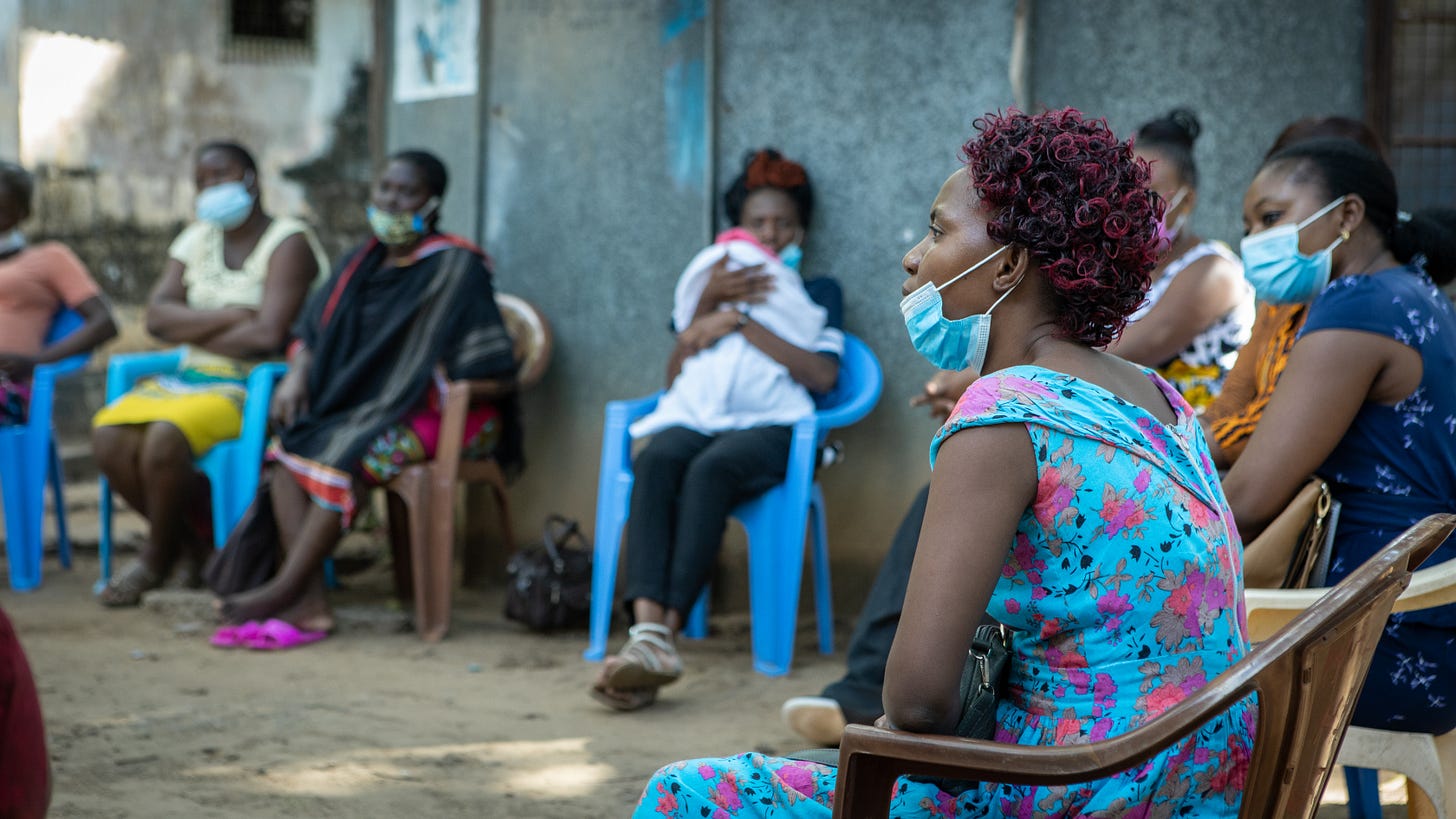Recognizing un-official data sources on African Statistics Day
Data Values Digest #18
African Statistics Day has been celebrated each year on the 18th of November since 1990—10 years before the creation of World Statistics Day—to increase public awareness about the important role that statistics play in social and economic life. Beyond awareness, its purpose is to create space for dialogue between the producers and users of official statistics.
To think that dialogue about data was as important 21 years ago as it is now confirms why people must be at the center of decisions—especially when it comes to data. Statisticians have always known that dialogue and participation are key ingredients of data stewardship. So, today, I’m sharing three reflections on dialogue, participation, and power as we mark this day across the continent:
Official statistics will never be enough to measure progress. The process of filling data gaps and utilizing alternative sources of data must go beyond official statistics. This is fairly and squarely a conversation about data power, ownership, and sharing between those who own the data and those who want it. Such dialogue enables official statistics and alternative sources of data to be brought together to provide more powerful insights to measure progress.
The power of data is in its use and re-use. I will not belabor the point, as the World Development Report 2021 explains, that “data themselves won’t help lift people out of poverty. It’s the people using them that generate insights that can turn into action to improve development outcomes.” African Statistics Day is a moment to engage data users to explore the exponential potential of data when it is put to use and re-use. Once again, this potential is only realized through dialogue.
The power of data is shifting. When I began my career in the development sector, data advocates asked governments for dialogue and participation. We wanted to understand and be included in decisions. But opportunities for participation were never easy to come by. These days governments are reaching out to increase participation much more proactively in data conversations. The power of data is shifting away from those who collect data, and legal and regulatory frameworks are evolving to give more rights and ownership to those who own the data, the people who are often called “data subjects.”
As we mark this day across the continent, let’s recall that official statistics play an important role in our country systems, but using alternative data sources to complement official statistics multiplies the power of data and the insights we generate. We can never achieve this multiplier effect without dialogue and participation between those who own the data and those who want the data. One purpose of the Data Values Project is to truly understand the ways to promote data use and how genuine participation in data takes place.
Thank you for reading,
Karen
P.S. Thanks to Karen for contributing this week. The Data Values Digest staff are taking a break next week to celebrate Thanksgiving with our colleagues in North America. We’ll return the following week on schedule with a very special guest post. Stay tuned and subscribe to keep up with new editions of the Digest every week.



